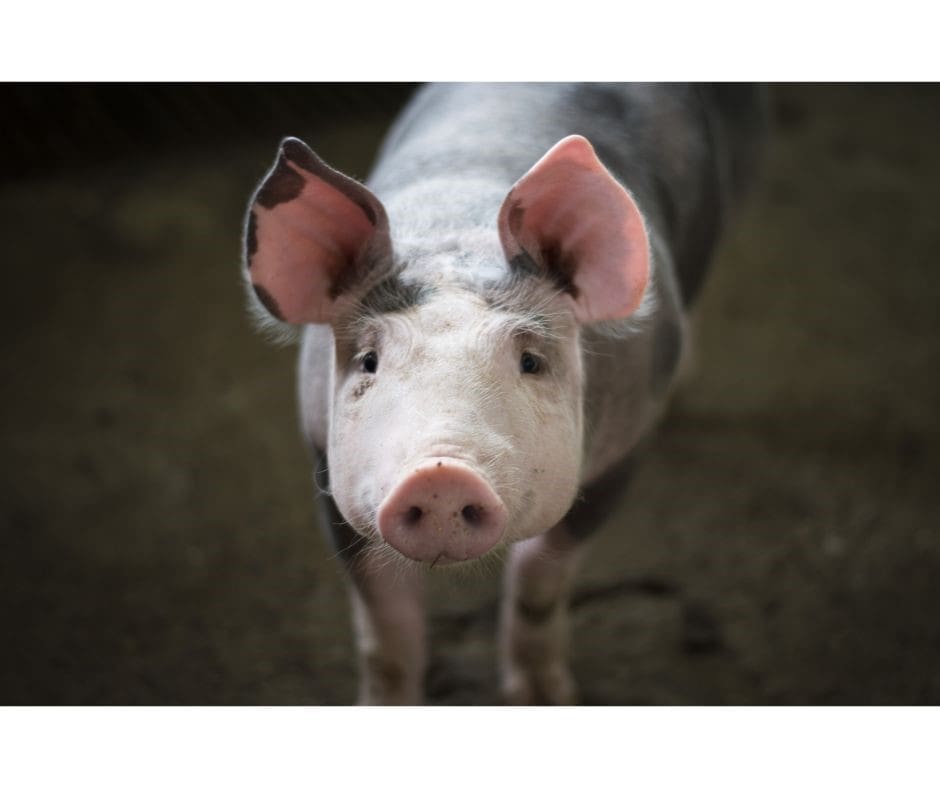By Trish Svoboda
Researchers from the University of Manitoba and the Leiden University Medical Centre in the Netherlands collaborated on a study focusing on the porcine reproductive and respiratory syndrome virus (PRRSV), a pathogen causing substantial economic losses in the global pork industry.
“This disease in pigs is important worldwide and is economically fairly significant,” says Marjolein Kikkert, Associate Professor of Virology at Leiden University Medical Centre. “The aim of the project was to improve vaccines for this disease, and it turned out that it was very difficult.” According to a release, it’s estimated that PRRS costs the Canadian pork industry $130M annually.
Led by Marjolein Kikkert and Brian Mark, the team aimed to enhance PRRSV vaccines by targeting a type of protein, called proteases, used by the virus to suppress the host’s immune system. Using the Canadian Light Source (CLS) at the University of Saskatchewan, they visualized the unique structure of PRRSV protease, providing insights for vaccine development.
Although their initial vaccine improvement approach didn’t succeed, the study advanced an understanding of PRRSV and similar viruses’ replication processes, serving as a foundation for future vaccine enhancements. The research highlights the crucial role of biochemistry insights in modern vaccine development.













